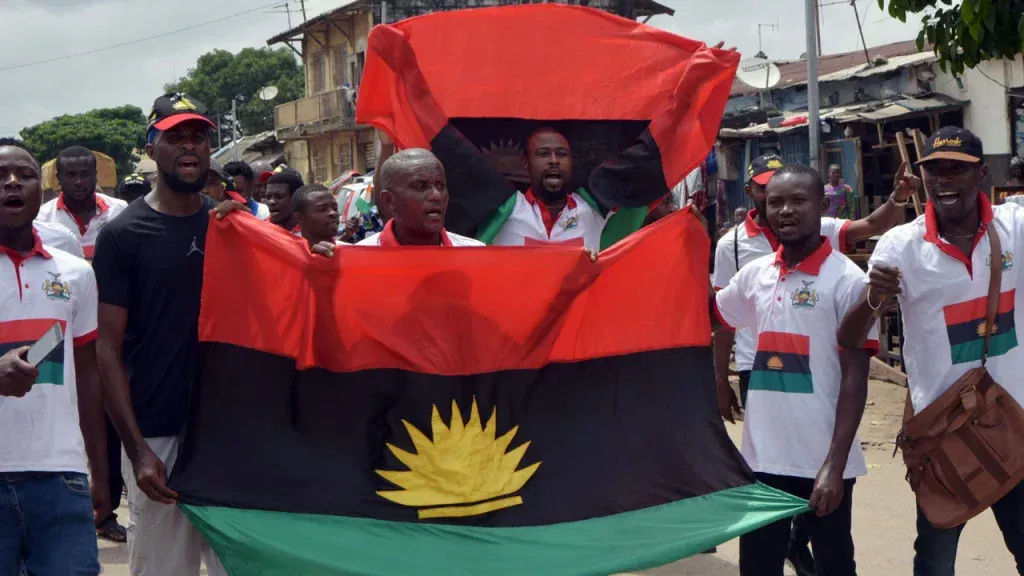President Mahamat Idriss Deby Itno of Chad has hinted at a possible withdrawal of Chadian forces from the Multinational Joint Task Force (MNJTF) after a recent Boko Haram assault left Chadian soldiers dead. The attack on October 27, 2024, targeted the Chadian National Army at Barkaram, a remote position along the Lake Chad border.
Responding swiftly to the incident, President Deby led a high-profile visit to the conflict area on October 28, assessing the damage and directing the establishment of a local command post to counter the increased insurgent threat. His presence underscored Chad’s determination to protect its borders and citizens, yet Deby voiced concerns over the coalition’s lack of cohesion in fighting Boko Haram. “The coalition appears to be losing momentum in the fight against this common enemy,” read a statement from Hassan Abdelkerim Bouyëbri, the Director General of Communication at the Presidency.
Deby also initiated “Operation Haskanite,” a mission aimed at locating and dismantling the remaining Boko Haram cells. Additionally, he outlined strategies to reorganize Chad’s defense forces to adapt to the unconventional tactics used by Boko Haram.
The MNJTF, a coalition created in 1994 and supported by the African Union, includes forces from Benin, Cameroon, Chad, Niger, and Nigeria. Originally designed to combat cross-border banditry, it expanded in 2012 to counter-terrorism operations as Boko Haram intensified its insurgency in the Lake Chad region. However, the recent attack has renewed questions about the coalition’s effectiveness, with Chad signaling it may reconsider its participation.
Amid rising regional instability, President Deby reaffirmed Chad’s commitment to defending its citizens but warned that future involvement in the MNJTF would depend on a more unified approach in the fight against terrorism.



